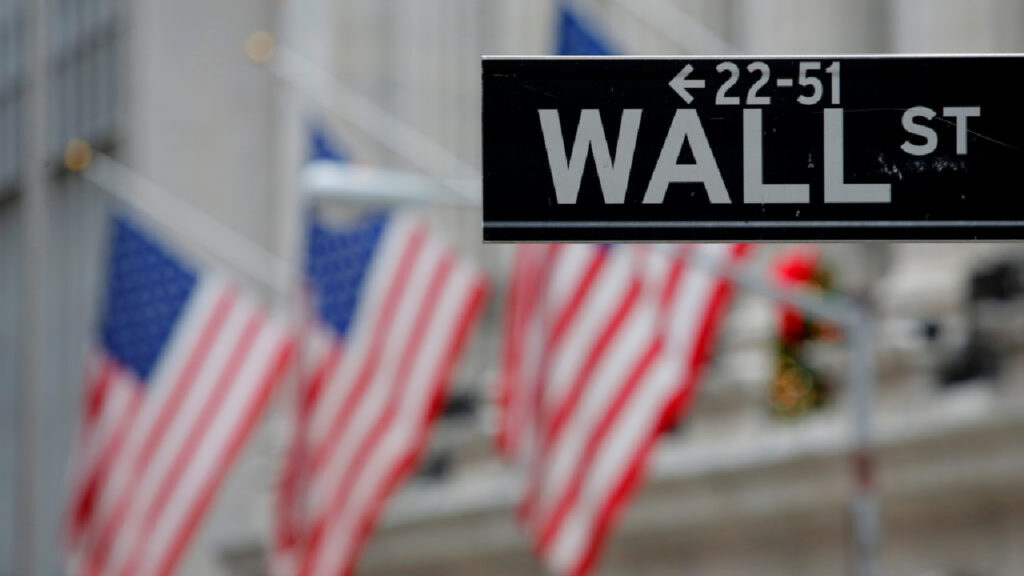Markets, Stock Market
US Debt Ceiling Deal Lifts Stock Futures
Stock futures showed gains in light trading during the holiday period as significant progress was made in negotiations to raise the US debt ceiling over the weekend.
While global stock indexes displayed a mix of performances, US and UK markets remained closed on Monday due to public holidays.
President Biden and House Speaker Kevin McCarthy (R., Calif.) reached a preliminary agreement on Sunday to increase the country’s debt limit, averting the risk of a US debt default. Treasury Secretary Janet Yellen had warned last week that the failure to reach a deal could result in the government’s inability to meet its financial obligations as early as June 5.
Friday witnessed a rally in US stocks as hopes grew for an imminent agreement, propelling the S&P 500 and Nasdaq to their highest closing levels since August. However, there is still work to be done to finalize the deal, including securing votes in both chambers of Congress. This may explain the relatively subdued market response on Monday, as noted by Tai Hui, Chief Market Strategist for Asia Pacific at J.P. Morgan Asset Management.
“Although we are moving in the right direction, there is still a chance that hard-line Republicans could vote against it, so the market is still adopting a wait-and-see approach,” Hui stated.
The fear of a US debt default led to a surge in yields on short-term Treasury bills last week, typically considered among the safest securities globally. The yield on bills maturing on June 1 increased to 7.1% last Wednesday from under 6% the previous day, although it declined towards the end of the week.
Get The New York Times and Barron’s News 3-Year Digital Subscription for $129
On Monday, the US public holiday limited trading in futures linked to US government bonds. However, futures tied to two-, five-, and ten-year US government bonds experienced a slight increase in prices.European government bond prices rose as well, reflecting relief over the debt deal and leading to lower yields. Bond yields decrease when prices rise.
Elsewhere, the Turkish lira slipped 0.3% and approached a new all-time low of 20 to the dollar following President Recep Tayyip Erdogan’s re-election in the weekend’s runoff vote. The Borsa Istanbul 100 Index, on the other hand, rose by 4.5%.
While the pan-continental Stoxx Europe 600 experienced modest declines, Japan’s Nikkei 225 closed the day 1% higher at 31,233.54 points, marking its highest level in 33 years and continuing its streak of record closes.
In contrast, China’s benchmark CSI 300 index dropped 0.4%, and Hong Kong’s Hang Seng fell by over 1%. The decline in Chinese share prices followed the release of economic data over the weekend, which indicated an 18.2% year-on-year decrease in China’s industrial profit for April, heightening concerns about the country’s economic recovery.
Get WSJ and Barrons Subscription 5-Year Bundle Package for $129
David Chao, Invesco’s Global Macro Strategist for Asia Pacific ex-Japan, expressed optimism about undervalued Chinese stocks and anticipated that the country’s central bank would ease reserve requirements, thereby freeing up capital for Chinese banks to lend.
“This move will signal strong support from policymakers for the economy and their desire to boost private and investment sentiment in China,” said Chao.
In commodity markets, futures for Brent crude, the global oil benchmark, dipped by approximately 0.4% to around $76.70 a barrel. The OPEC+ group, with Russia in the lead, has scheduled a meeting in Vienna on June 4 to discuss a production plan for the second half of the year amid mounting concerns about a slowing global economy.

